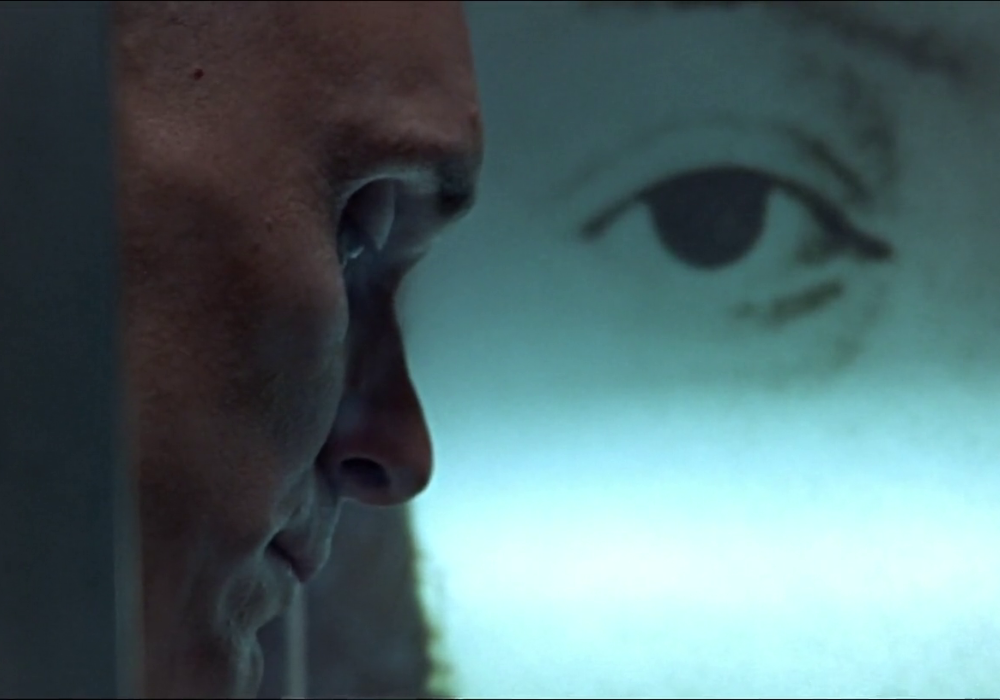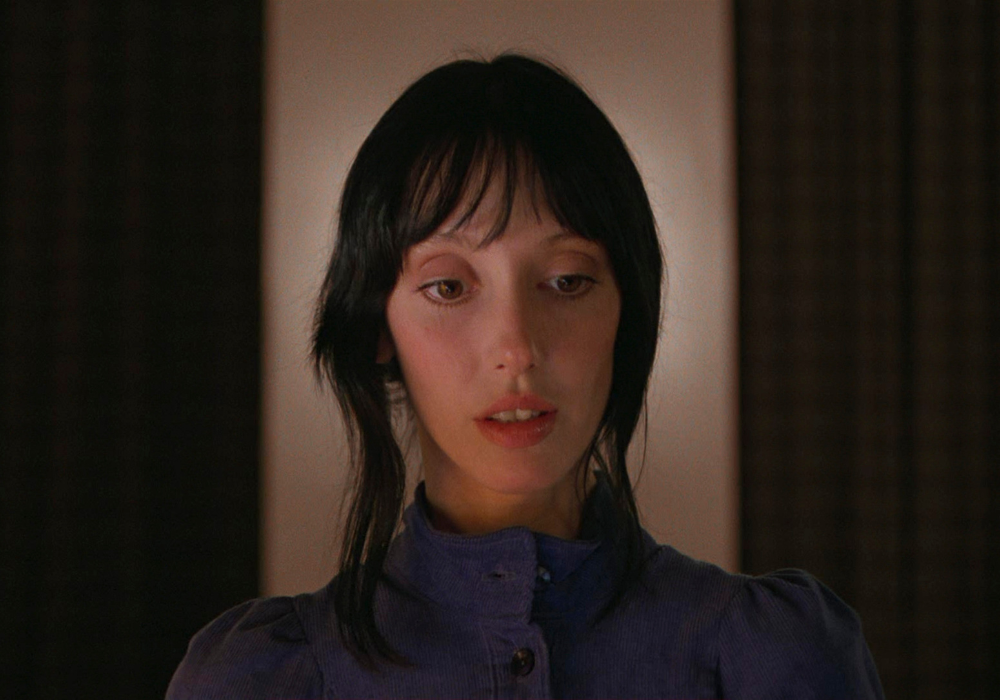
Why Women Love Revenge Stories
Few storylines hit quite like a good, old-fashioned revenge arc. Whether it’s Kill Bill’s meticulously planned slaughter-fest or Gone Girl’s mind-twisting psychological warfare, there’s something undeniably thrilling about watching a woman turn the tables. But why do these stories resonate so deeply with female audiences? Is it the justice? The power? The delicious, slow-burn satisfaction of making a villain suffer?
The answer: all of the above—plus a little something extra.
Revenge, Justice, and the Fantasy of Power
Revenge stories are never just about revenge. They’re about balance—righting a wrong, taking back control, and refusing to let injustice slide.
For centuries, women in both fiction and reality have been expected to swallow their rage, take the high road, or simply endure. But revenge stories break that mould wide open. They say: What if you didn’t have to forgive? What if you could hit back—harder?
Psychologists suggest that revenge fantasies serve as an emotional pressure valve, offering a safe, controlled space to process powerlessness and injustice. According to Dr. Michael McCullough, author of Beyond Revenge: The Evolution of the Forgiveness Instinct, the desire for revenge is a deeply ingrained human trait, a survival mechanism meant to deter future harm. However, while men’s revenge narratives often focus on dominance and retribution, women’s revenge stories frequently center around justice, intelligence, and reclaiming agency.
Research published in Personality and Social Psychology Bulletin (2020) also suggests that women are more likely to experience moral outrage rather than personal vengeance, meaning their revenge narratives often tap into larger societal injustices rather than just personal grievances. This explains why films like Promising Young Woman resonate so deeply—it’s not just about one woman’s revenge, but about a system that fails women repeatedly.
The Evolution of the Female Revenge Narrative
Revenge stories featuring women aren’t new, but how they’re told has shifted dramatically over time:
The Femme Fatale Era – Classic noir films like Gilda and Double Indemnity framed vengeful women as seductive, dangerous, and ultimately punished for their ambitions.
The 70s-80s Rape-Revenge Boom – Films like I Spit on Your Grave and Ms. 45 were brutal and often exploitative, but they also laid the groundwork for narratives where women were no longer just victims—they were avengers.
The Modern Subversion – Today’s revenge thrillers (Promising Young Woman, Revenge, Gone Girl, A Simple Favor) lean more on intelligence, strategy, and subverting expectations, proving that the sharpest weapon isn’t always a blade—it’s a plan.
Why These Stories Hit Different for Women
The reason female-led revenge stories hit especially hard isn’t just because they’re badass—it’s because they feel personal.
Every woman has been talked over, underestimated, or told to “just let it go.” Every woman has watched someone walk away unscathed after doing something unforgivable. So when a film, book, or series gives us a protagonist who says Nope, not today—that’s not just entertainment. That’s wish fulfilment.
And let’s talk about the power shift. Revenge stories don’t just let women fight back; they let them outthink, outplay, and outmanoeuvre. Whether it’s Amy Dunne in Gone Girl rewriting her own narrative or Beatrix Kiddo in Kill Bill systematically dismantling everyone who wronged her, these women don’t just react—they own the game.
Why Now? The Revenge Boom of the 2020s
Revenge thrillers are having a moment, and that’s no accident.
Movements like #MeToo have cracked open conversations that had been silenced for years. Rage that was once whispered about in private has become public, collective, and loud. It makes sense that audiences are drawn to stories where women don’t just survive—they make sure the bad guys don’t, either.
And Hollywood is listening. Female-led thrillers, revenge narratives, and psychological mind games are dominating bestseller lists and streaming platforms. These aren’t just stories—they’re a reflection of a cultural shift.
The Fine Line Between Empowerment and Exploitation
Of course, not every revenge story gets it right. There’s a difference between a narrative that empowers and one that just revels in trauma. The best revenge thrillers aren’t just about violence—they’re about strategy, transformation, and making the audience think.
Final Thoughts: The Ultimate Power Fantasy
At their core, revenge stories are about agency, catharsis, and rewriting the script. They give us worlds where justice isn’t bureaucratic—it’s personal. Where women don’t just survive—they thrive, on their own terms.
So yeah, we love a good revenge story. And we’re not sorry about it.



